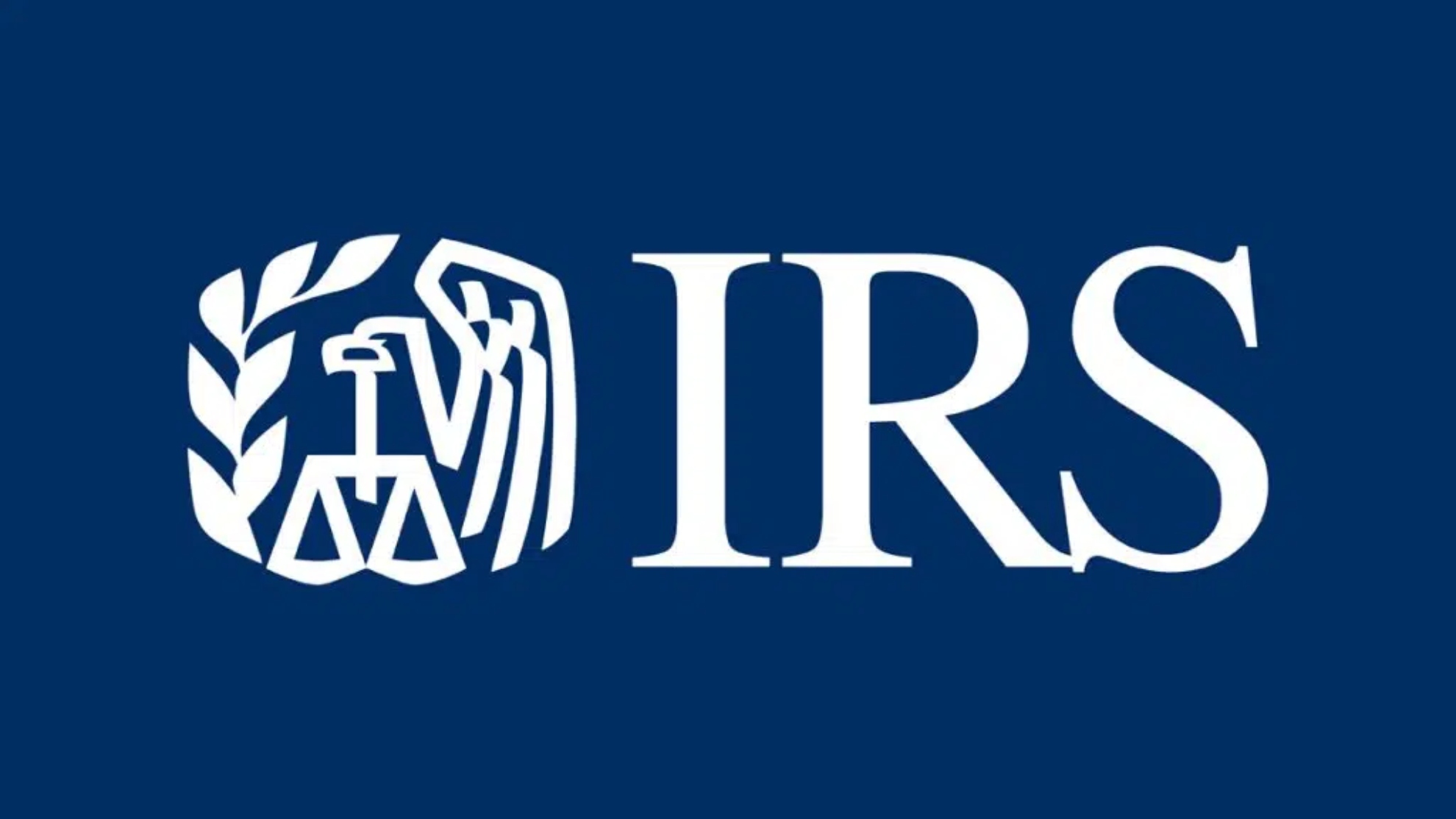The IRS announced tax relief for individuals and businesses in parts of Mississippi affected by storms, floods, and straight-line winds starting on 14 March 2025. Impacted taxpayers have until 3 November 2025 to file federal tax returns and make payments.
The US Internal Revenue Service (IRS) issued MS-2025-01 on 11 June 2025, announcing tax relief for individuals and businesses in parts of Oklahoma that were affected by severe storms, straight-line winds, tornadoes, and flooding that began on 14 March 2025. These taxpayers now have until 3 November 2025 to file various federal individual and business tax returns and make tax payments.
Following the disaster declaration issued by the Federal Emergency Management Agency (FEMA), individuals and households that reside or have a business in Calhoun, Carroll, Covington, Davis, Grenada, Humphreys, Issaquena, Itawamba, Jefferson Davis, Lee, Leflore, Marion, Montgomery, Pike, Prentiss, Sharkey, Smith, Walthall, and Washington counties qualify for tax relief.
As a result, affected individuals and businesses will have until 3 November 2025 to file returns and pay any taxes that were originally due during this period.
The 3 November 2025 deadline applies to individual income tax returns and payments normally due on 15 April 2025. The 3 November deadline also applies to 2024 contributions to IRAs and health savings accounts for eligible taxpayers. This relief also applies to the estimated tax payments normally due on 15 April, 16 June, and 15 September 2025.
Penalties on payroll and excise tax deposits due on or after 14 March 2025 and before 10 April 2025 will be abated as long as the tax deposits are made by 10 April 2025.
The 3 November 2025 deadline also applies to affected businesses:
- Quarterly payroll and excise tax returns normally due on 30 April, 31 July, and 31 October 2025.
- Calendar-year corporation and fiduciary returns and payments normally due on 15 April 2025.
- Calendar-year tax-exempt organisation returns normally due on 15 May 2025.
If an affected taxpayer receives a late filing or late payment penalty notice from the IRS that has an original filing, payment or deposit due date that falls within the postponement period, the taxpayer should call the telephone number on the notice to have the IRS abate the penalty.















